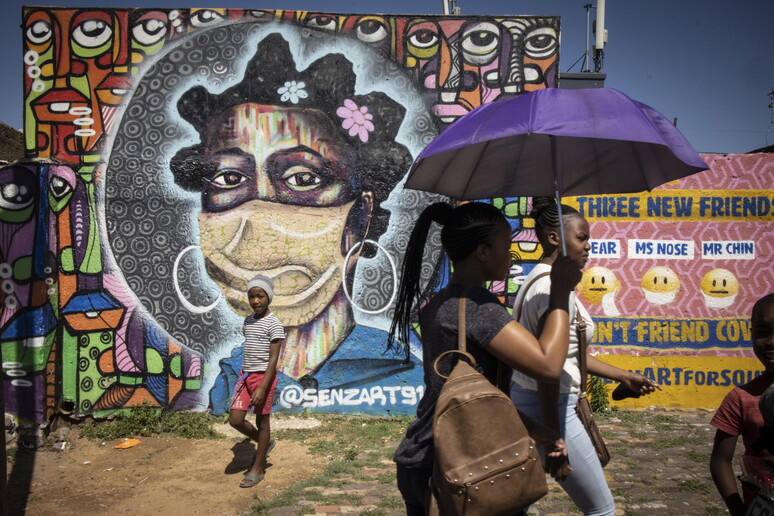Not everything can be accepted in the name of continuity. This is what happened in the United States, where the Episcopal Church has announced a dramatic break with the federal government, ending a forty-year relationship built on solidarity with asylum seekers.
The decision stems from firm opposition to an executive order issued by the Trump Administration, which mandates the prioritized and effectively exclusive resettlement of white Afrikaners from South Africa, classified as refugees based on alleged racial persecution.
President Trump believes they are victims of systematic discrimination and violence in their country of origin. This narrative, however, has been firmly rejected not only by the South African government, but also by a coalition of white religious leaders–many of them Anglicans who, in an open letter, called these claims unfounded and politically motivated.
The Episcopal Church’s move is far from symbolic. Presiding Bishop Sean W. Rowe explained in a letter to members that the government’s demand to resettle only South African Afrikaners crossed a moral line for the organization. Citing the Anglican tradition and ties to the struggle against apartheid, Rowe reaffirmed that the Church’s commitment to racial justice does not allow support for a selective form of welcome, where skin color becomes a condition for salvation.
As a result, all federally funded resettlement programs will be shut down by September. However, the Church will not abandon displaced people: it will continue to support them through independent initiatives and self-funded efforts.
The decision has sparked immediate reactions. The White House, through spokesperson Anna Kelly, harshly criticized the Church’s stance, questioning the consistency of its humanitarian commitment. According to Kelly, the Afrikaners have suffered “unspeakable horrors” and therefore deserve, like anyone else, the opportunity to be welcomed.
Nonetheless, the available data points to a very different reality. An executive order signed by the GOP leader early in his term effectively froze the entire refugee system, leaving thousands of people–persecuted Christians, political dissidents, ethnic minorities–without protection and with no prospects. According to various faith-based and humanitarian organizations, the few exceptions to this freeze seem to apply almost exclusively to the white South African Afrikaners.
Rick Santos, president of Church World Service, one of the groups suing the Republican administration, highlighted that while the government speeds up the admission of this ethnic group, it continues to obstruct the implementation of court rulings that should restore resettlement pathways for others in danger. This, he argued, shows that the machinery of hospitality is far from broken; it is simply being managed in a discriminatory manner.
The Episcopal Church is no stranger to bold stands: as early as the 1960s, it disinvested from companies connected to the apartheid regime, anticipating the later global boycott campaigns. Today, in rejecting a racially skewed model of inclusion, it reaffirms a core tenet of its mission: opening doors is not enough, it must be done with justice.












